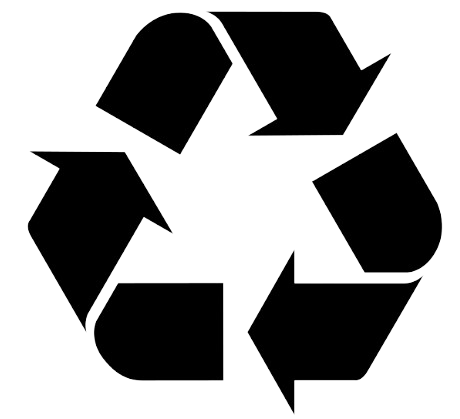School Project: Using Recycled Plastic Planters to Create a School Garden
 (1).jpg)
In a technology-driven world, it’s important to reconnect children with nature and give them a sense of responsibility towards our planet. A school garden has tremendous potential to provide a hands-on learning experience combining gardening, sustainable living, and getting their hands dirty!
This blog post will look at the benefits of incorporating a school garden into the curriculum, emphasising the opportunity for children to participate in each step of the planting process and highlighting the versatility of our recycled plastic planters in creating gardening beds within any school environment.
Let’s get started!
Why should we teach children about gardening?
Teaching children about gardening imparts invaluable lessons about responsibility, nurturing, and sustainability. Encouraging them to take part in growing their own plants fosters a deeper connection to the natural world. It helps them gain appreciation for the time, effort, and resources involved in producing the food they consume. Gardening also creates accountability for their actions and encourages sustainable practices, such as composting, water preservation, and reducing waste.
.jpg)
Integrated Learning Opportunities
Gardening is a versatile topic that can be incorporated into a wide range of learning opportunities, including;
Science: Get hands-on experience with photosynthesis and the plant life cycle.
Maths: Measure plant growth and map out garden plots.
English: Create garden journals or write poetry inspired by nature.
Did you know? Time spent outdoors in green spaces has also been linked to reduced stress levels, enhanced cognitive abilities, and improved overall mental health.
Interactive Learning Experience
One of the most significant advantages of a school garden is the opportunity for children to participate in every step of the planting process. From sowing seeds to nurturing young plants and finally harvesting the fruits of their labour, children gain a deep appreciation for the time and effort needed to grow their own produce. Involving children in growing their own food helps them develop a positive relationship with fresh produce and encourages healthier eating habits. This connection to healthy food choices introduced in the garden often leads to making more mindful dietary decisions in their everyday lives.
.jpg)
Recycled Plastic Planters for Sustainable Gardening Beds
Using our recycled plastic planters and raised garden beds enables schools to champion sustainability while creating attractive, durable gardening beds. Plastic planters made from recycled materials necessitate fewer natural resources, reduce plastic waste in landfills, and help mitigate pollution caused by the production of new plastic products.
Perfect for All School Environments
Recycled plastic planters can be adapted to suit virtually any school environment, from rooftop gardens to urban courtyards. Their lightweight nature allows for flexibility in positioning, ensuring maximal sunlight exposure for the growing plants. Additionally, recycled plastic planters come in various shapes, sizes, and designs, providing opportunities for customisation in the school garden. By embracing the versatility of these planters, schools can create dynamic and engaging gardening spaces even in limited areas.
Integrating a school garden into the educational framework offers a wealth of benefits for children, providing an immersive learning experience that connects them with nature, fosters a sense of responsibility, and nurtures sustainable living practices. To learn more about Kedel’s recycled plastic garden planters or our full school furniture and teaching aid range, get in touch with a member of the team today.

.png)

 100% Recycled Plastic
100% Recycled Plastic Will Never Rot
Will Never Rot 25 Year Guarantee
25 Year Guarantee Low Carbon Footprint
Low Carbon Footprint